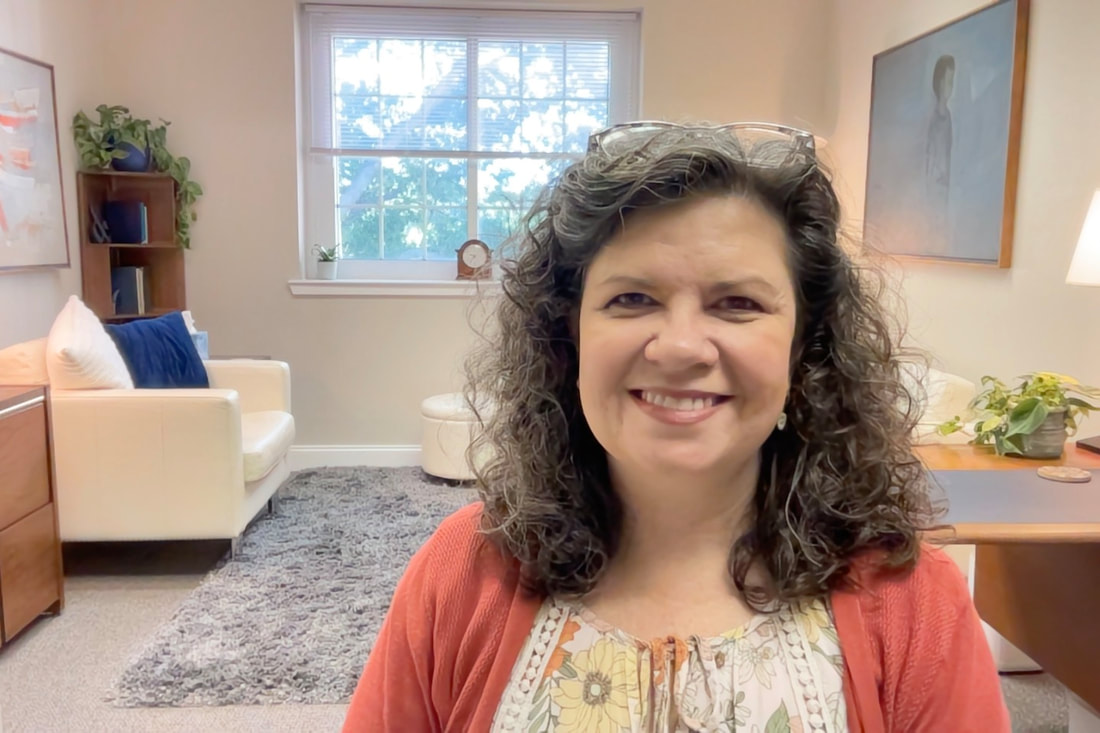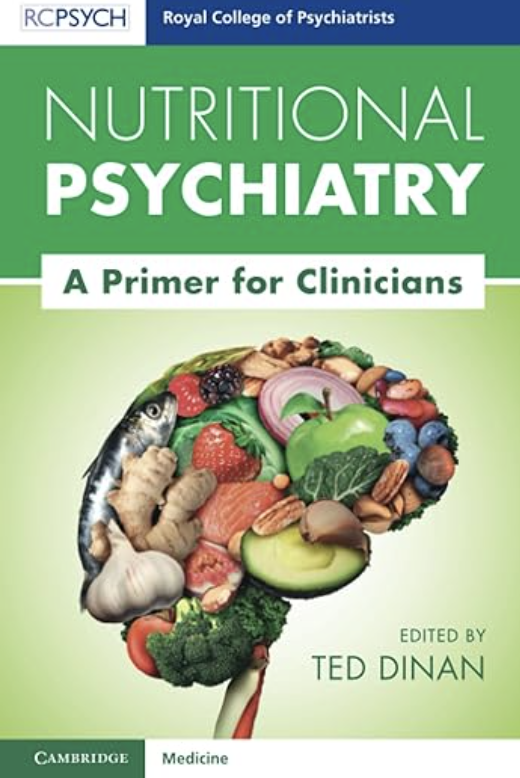 As winter settles in, there is an accompanying rise in the prevalence of Seasonal Affective Disorder (SAD), a form of depression that occurs typically during the late fall and winter months. When daylight hours shorten in the winter, disruptions to our internal clocks occur, impacting the production of mood-regulating neurotransmitters like serotonin. Substantial research and clinical experience point to bright light therapy as an effective non-invasive treatment for seasonal depression. Light therapy, also known as phototherapy, involves exposure to a bright light that mimics natural sunlight. The science behind this therapy is rooted in its ability to regulate circadian rhythms and influence neurotransmitter levels. Research has shown that just 20 to 30 minutes of daily exposure to bright light (10,000 lux) can lead to notable improvements in mood, energy levels, and sleep patterns. This makes light therapy a valuable option for those seeking relief from the winter blues. A large number of light boxes are available on the market, but it can be difficult to know which of those meet the specifications researched for effective treatment of seasonal depression. Light boxes aren't regulated by the Food and Drug Administration (FDA) for SAD treatment, so it's important to understand your options. The Yale School of Medicine provides helpful information and links to specific light boxes that have been demonstrated to be effective. Consistency is essential for maximizing the benefits of light therapy. Whether using it while enjoying a morning coffee, catching up on emails, or reading, integrating light therapy into these activities can make it a seamless part of your daily life.
Consult with a healthcare professional to determine if you are a good candidate for light therapy, obtain any individualized recommendations, and discuss any pre-existing eye conditions or medications that may be affected by light exposure. Note that light therapy is not recommended for patients with retinal diseases including macular degeneration, or diseases such as diabetes which may be associated with retinal disease. Light treatment must be monitored with particular caution in individuals with bipolar disorders. It is recommended that light therapy be done under the supervision of a clinician qualified to treat mood disorders. Additional research and information on light therapy can be found by following the links below: Mayo Clinic Harvard School of Public Health National Institutes of Health Yale School of Medicine Dallas is currently in the midst of another triple digit heatwave that, despite the no-doubt immanent arrival of pumpkin-spice season, shows no signs of letting up soon. While there are regular reminders in the news to guard against heat stroke and the physical effects of heat, it is also important to know that extreme heat can negatively impact our mental health as well. A recent meta-analysis published in The Lancet found positive associations between temperature and suicide rates, hospital admissions for mental illness, and community mental health outcomes. Aggression, domestic violence, and substance use can also increase during periods of extreme heat. Certain groups are more vulnerable to the mental health impacts of extreme heat. People with pre-existing mental health conditions, dementia, or those taking certain medications (more on that below) might be at higher risk. Socioeconomic factors, such as poverty and substance use disorders, also substantially contribute to vulnerability. Certain classes of medication used to manage physical health conditions can make it harder for your body to handle extreme heat. These include medications to treat heart conditions, blood pressure, diuretics, anticholinergics (such as those prescribed for Parkinson’s and overactive bladder), antihistamines, and decongestants.
Similarly, some medications used to manage mental health conditions can impact the body's ability to stay hydrated, regulate temperature, and respond to heat. These include central nervous system stimulants prescribed for ADD/ADHD, medications to treat depression and anxiety (SSRIs, SNRIs, and tricyclic antidepressants), as well as some medications prescribed for schizophrenia and bipolar disorders. These medications can be life-saving and have profound benefits for quality of life, so it is important for healthcare providers and patients to work together to manage medications effectively, especially during heatwaves or other extreme weather events. As we collectively navigate the extreme heat of the next several weeks, you can prioritize your physical and mental health by staying well-hydrated, taking precautions against becoming overheated, and checking on vulnerable family members, friends, and neighbors. If you'd like to learn more about the Lancet study, Dr. Robert Bright, a psychiatrist with the Mayo Clinic, talks more about that research and the effects of heat on mental health here. A recent study conducted in Switzerland involving over 2,300 adults has found that leading a purposeful life can help combat loneliness. The study revealed that individuals who reported having a sense of purpose experienced less loneliness, regardless of their age.
One of the study's co-authors, While activities involving social interactions were found to provide a sense of purpose, the study emphasizes that combating loneliness goes beyond mere companionship. It was discovered that finding meaning in life becomes particularly important for older adults, especially those in their 70s and beyond, as this is a stage often associated with increased loneliness. Loneliness is known to have detrimental effects on health, cognitive decline, and even mortality. The study emphasizes that a sense of purpose, whether it involves a grand mission or a personal hobby, can offer significant protection against loneliness. It is important to note that a sense of purpose can be derived from relationships, experiences, and feeling connected to something greater than yourself. While interactions with others can contribute to a purpose-filled life, the study suggests that having a sense of purpose is effective in fighting loneliness, regardless of the number of people involved. Ultimately, finding meaning, even in seemingly ordinary experiences, can significantly contribute to a person's well-being and combat loneliness. You can read more about this study here. This video, developed by the Trauma Foundation, gives a helpful overview of how trauma and chronic stress affects our nervous system and how those effects impact our health and well-being. The content is largely based on Dr. Stephen Porges research on Polyvagal Theory. You can learn more about Polyvagal theory here. Research has shown physical movement to be a powerful tool in alleviating symptoms of depression and anxiety, as well as enhancing our overall sense of well-being. As we enter the sunshine and blue skies of Hot Texan Summer (TM), it is helpful to remember the beneficial effects of movement on our mental health and the importance of incorporating physical activity into our daily lives.
Over the years, a growing body of research has shed light on the positive impact of physical activity on individuals experiencing depression and anxiety. These studies highlight several key findings: Release of Mood-Boosting Chemicals. Engaging in regular physical activity triggers the release of endorphins, neurotransmitters that act as natural painkillers and mood elevators. Endorphins induce feelings of happiness and well-being, counteracting negative emotions. This chemical boost can significantly improve mood and reduce symptoms of anxiety. Neurogenesis and Neuroplasticity. Movement has been shown to promote neurogenesis (the formation of new neurons) and enhance neuroplasticity (the brain's ability to reorganize and adapt). These processes play a vital role in improving cognitive function, memory, and learning abilities. By stimulating the growth and connectivity of brain cells, physical activity helps create a healthier neural network that supports mental well-being. Studies indicate that regular exercise may even significantly reduce the risk of developing dementia. Stress Reduction and Anxiety Management. Movement acts as a natural stress reliever by reducing the levels of stress hormones such as cortisol and promoting relaxation. Regular activity can also help manage anxiety symptoms, which often coexist with depression. Engaging in activities like walking, jogging, yoga, or swimming can provide a much-needed respite from daily stressors, promote a sense of calm and mental clarity, and improve sleep. Social Interaction and Support. Participating in group activities or team sports provides an opportunity for social interaction and support. Engaging in activity with others can foster a sense of belonging and community, creating a supportive environment that combats loneliness and enhances our sense of well-being. Physical activity can be a powerful a complementary tool alongside professional treatment for depression and anxiety. A recent meta-analysis published in JAMA Psychiatry, found that relatively small doses of even moderate physical activity (2 hours per week) were associated with substantially lower risks of depression. (Dr. Roger Seheult examines this and another recent study exploring depressive symptoms and sedentary behavior in adolescence in the video linked below.)  Photo by Christian Bowen on Unsplash Physical activity can be a powerful a complementary tool alongside professional treatment for depression and anxiety. A recent meta-analysis published in JAMA Psychiatry, found that relatively small doses of even moderate physical activity (just 2 total hours per week) were associated with substantially lower risks of depression. (Dr. Roger Seheult examines this and another recent study exploring depressive symptoms and sedentary behavior in adolescence in the video linked below.) If you are looking to enjoy these benefits by adding more movement into your life, here are some helpful tips: Find or Rediscover the Joy of Movement. Experiment with different forms of movement until you find activities that you enjoy. Whether it's walking through the neighborhood, learning a TikTok dance, hiking with friends, hula-hooping, kayaking, or playing pickleball, choosing activities you genuinely enjoy will increase the likelihood of incorporating them into your regular routine. Seek Support and Connection. Consider involving a friend or family member, or joining a club, exercise group or class to provide support and accountability. Sharing activity with others can make it more enjoyable, which will help you want to return to it regularly. Movement can be a powerful ally in supporting our mental health and overall well-being. By engaging in physical activity, we tap into natural mood-boosting chemicals, promote brain health, and cultivate social connections. Embracing joyful movement as part of our daily life empowers us to take an active role in our mental health, helping us on the path towards a healthier, happier life. Now, please excuse me as I take my not-so-stupid walk. (I hope to see you out there.) Social Media Health RecommendationsThis spring a presidential panel of the American Psychological Association (APA) has produced recommendations for the use of social media by adolescents. The advisory panel was formed to provide recommendations grounded in research to ensure that adolescents develop healthy social media practices. The result is the American Psychological Association Health Advisory on Social Media Use in Adolescence. The report notes that while these platforms can promote healthy socialization, their use should be preceded by training in social media literacy to ensure that children and teens have skills that will maximize the chances for balanced, safe and meaningful experiences. This report notes that social media use is not inherently beneficial or harmful to young people. The effects of social media depend on adolescents' personal and psychological characteristics, social circumstances, and the specific content, features, or functions they encounter on social media platforms. The report emphasizes that not all findings apply equally to all children and teens. Scientific findings should be used in conjunction with knowledge of specific kids’ strengths, weaknesses, developmental maturity, and contexts to make decisions tailored to each individual. 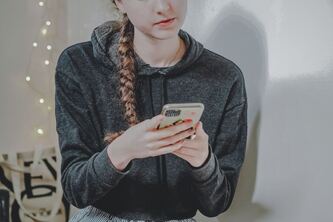 Photo by Laura Chouette on Unsplash In addition to the new report, the APA's chief science officer, Dr. Mitch Prinstein, provides Q&A and recommendations for parents on how to help teens develop social media literacy skills. Dr. Prinstein specifically advises parents to:
You can read the APA's recommendations in full here, and Dr. Prinstein's Q&A here. 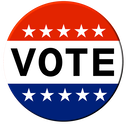 Dr. Steven Stosny coined the term "election stress disorder” in 2016, with symptoms such as increased anxiety, insomnia, and difficulty concentrating. Dr. Stosny observed that "the pervasive negativity of political campaigns, amplified by the 24-hour news cycle and social media exposure," creates a significant level of stress, anxiety, or anger in many people. The American American Psychological Association (APA) Stress in America Survey found that more than two-thirds of U.S. adults (68%) say that the 2020 U.S. presidential election is a significant source of stress in their life. This is a substantial increase from the 2016 presidential election when 52% of US adults reported the same. “This has been a year unlike any other in living memory,” said Arthur C. Evans Jr., PhD, the APA's chief executive officer. “Not only are we in the midst of a global pandemic that has killed more than 200,000 Americans, but we are also facing increasing division and hostility in the presidential election. Add to that racial turmoil in our cities, the unsteady economy and climate change that has fueled widespread wildfires and other natural disasters. The result is an accumulation of stressors that are taking a physical and emotional toll on Americans.” The APA offers the following evidence-based advice to help people manage their stress related to the election:
Journaling can be an invaluable resource for therapy. When someone describes an unusually good (or bad) day in session, I often ask them to reflect on what was different. Answers of "I don't know." or "Nothing, I think." are supremely frustrating in that they leave a person feeling helpless, as though a good or bad day comes out of the blue or passes them by completely outside of their control. More often than not, there are concrete things someone did, thought, or felt that either contributed to a better day or perhaps kept a bad day or experience from "taking over" or becoming unmanageable. Take for example the few pounds we all may or may not have added over the holidays. We can be perplexed when we look at the scale now and wonder, "How did that happen?" But we also know that people who log everything that they eat or drink 1) tend to eat and drink more mindfully and healthily, and 2) can readily identify that pumpkin cheesecake or second helping that likely added to the scale come January. Journaling can provide that level of insight for your mental health. Identifying patterns can be empowering and can provide you with your own individual data on what works, and what doesn't, what contributes to a great week, and what behaviors, skills, and experiences help you nip anxiety or depression in the bud. This process can help you clarify thoughts and feelings and solve problems more effectively. Journaling can improve your body as well as your mind. University of Texas social psychologist and researcher, James Pennebaker has found that regular journaling strengthens immune cells (lymphocytes). A study published in Advances in Psychiatric Treatment noted improvements in both physical and psychological health in clinical and non-clinical groups after just 3-5 15-20 minute journaling sessions. Other research suggests that journaling offers not just emotional, but physical benefits to individuals battling terminal or life-threatening illnesses. Perhaps we see these benefits because, as Pennebaker suggests, writing about stressful events helps you come to terms with them and reduces the impact of these stressors on your physical health. Remind you of therapy? Journaling and therapy can beautifully complement one another. The work that you do journaling over the week can build on the momentum, insights, and positive changes you are developing in therapy. How to begin? When many people hear "journal," the embarrassing teenage diary tucked away in a sock drawer comes to mind. But a journal can be much more than a diary (or much less, if you like), and there as many ways to keep a journal as there are journal-ers. For those who don't fancy themselves writers, or who feel overwhelmed at where to begin, the Bullet Journal developed by Ryder Carroll offers a streamlined way of tracking daily activities, including mental health. What to journal? In addition to logging events and experiences, a journal can be used to track moods, how you feel physically (e.g., energy level, headaches), behaviors that can affect your mental and physical health (e.g., sleep, exercise, taking vitamins and medications), and self-care (e.g., socializing, meditation). Tracking can provide valuable data and trends to discuss in therapy. You may also find it useful to include post-therapy session notes (e.g., insights, reminders, topics to discuss or come back to next session). Adding space for a gratitude journal can provide time and space to reflect on positive thoughts, feelings, and experiences in a way that can actually help re-train your brain to more readily identify (rather than discount) positive experiences. Including self-care ideas for when you notice triggers or early signs of depression or anxiety can help you easily identify tried and true methods to change course or help manage those negative feelings before they become overwhelming. Here are some additional tips to get you started:
Make it yours. Your journal can be as minimalistic and straightforward or artistic and detailed as you want. Are you the type of person (this month) who delights in a To Do list? Or does a listing these tasks and obligations bring you additional stress? If so, you may find you are better served by a "Done" list. Find your own style and what works best for you. The beauty of making a journal your own is that it can change with you from week to week, and month to month. Build on what works for you, and leave what does not behind without guilt (recognizing each of these is progress in and of itself!). Finally, I'm personally a proponent of putting pen to paper. One of the benefits of a journal that you physically create yourself is that you have complete control in customizing it to fit your needs as opposed to having pre-printed pages that you don't love or use in a day planner or maintaining multiple tracking apps. That said, if a physical journal just feels too analog for your life, there are a number of apps out there that track habits, moods, and provide space for journaling. Just be aware of protecting your privacy and online presence if you choose a digital route. Happy journaling! Additional Journaling Resources: BulletJournal.com offers a videos, tips, and tutorials on how to start a bullet journal. Rachel Wilkerson Miller and Anna Borges at Buzzfeed offer a lighthearted and insightful collection of ways to use journaling to track and improve your mental health. Steven Stosney at Psychology Today, describes the research on the results of journaling and gives tips for reaping the benefits of journaling while avoiding the pitfalls.
This divisive political season and election have heightened anxiety throughout the US. A Harris Poll on behalf of the American Psychological Association found that 52 percent of American adults report that the 2016 election is a very or somewhat significant source of stress (read more here).
As we attempt as a country to come together with respect, compassion, and courage, psychologist Guy Winch gives us concrete advice on overcoming post-election anxiety. "Regardless of its source, anxiety tends to operate in similar ways, which means there are clear things you can do to manage post-election anxiety." Guy has recommendations on actions you can take now to begin lowering your anxiety. Read his full article here: Three Ways to Lower Post-Election Anxiety And remember, "sitting with emotional distress of any kind is neither wise nor necessary. If you feel upset, unsettled, and anxious—take action and make decisions that prioritize your emotional health and make you feel better." You can also view Guy's viral TED Talk on boosting emotional health below. Take care of yourself and one another out there. The field of social genomics is granting us new insight into the power of connection and meaning at the level of our DNA. Researchers have known for some time that the stress response stifles the body's immune system and increases the inflammatory response (which in turn promotes the growth of cancer cells, plaque in the arteries, and increases our susceptibility to neurodegenerative disease). Researchers John Cacioppo, professor of psychology and behavioral neuroscience at the University of Chicago, and Steve Cole, professor of medicine at the University of California, Los Angeles, revealed that the brains of many of their participants interpret loneliness as a danger or threat, in short, loneliness triggered a damaging chronic stress-response. Fascinatingly, this response is triggered at the level of genome expression.
Inspired by Cacioppo and Cole's work, Barbara Fredrickson, noted positive psychologist from the University of North Carolina at Chapel Hill, became curious as to whether the opposite would hold true. The answer was yes. People who described feeling socially connected, engaged in personal projects, or that they were living in a way that fulfilled meaning and purpose showed the opposite response pattern to lonely and chronically stressed participants. Read more about this Cacioppo, Cole, and Fredrickson's research here. |
About the AuthorClinical psychologist Dr. Kristy Novinski contributes insights, book and film reviews, discussions of pop culture, and exploration of news and research in the field of psychology. What I'm Reading
Categories
All
|
Las Colinas Psychological Services, PLLC |
© 2023 Las Colinas Psychological Services, PLLC. All rights reserved.
|


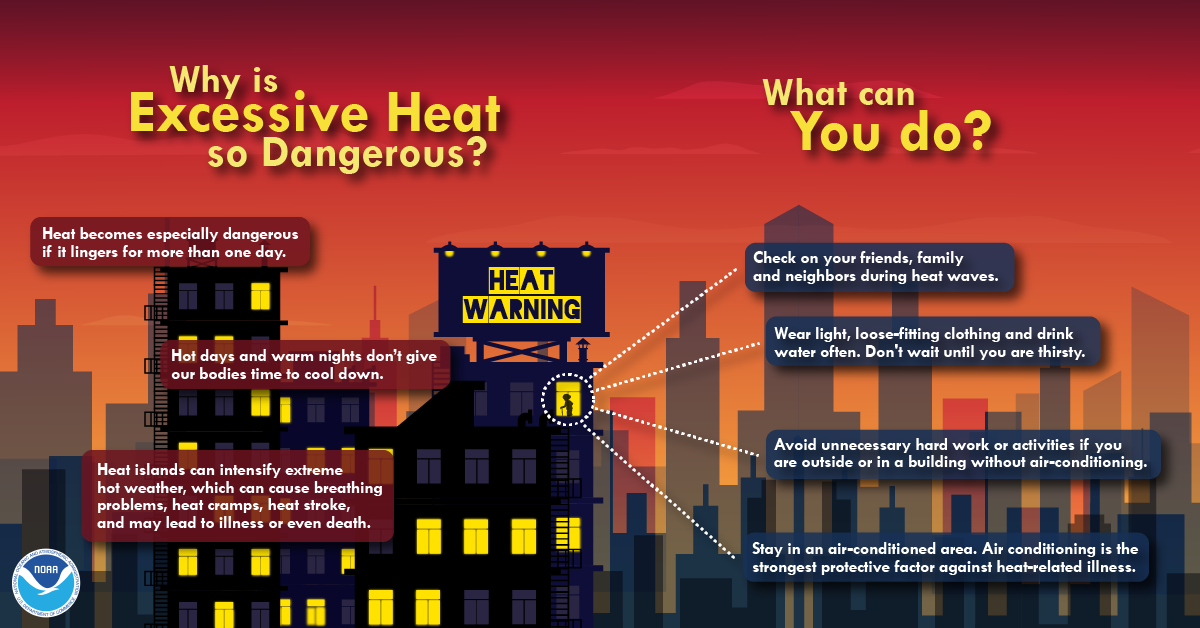
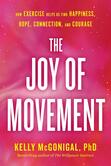

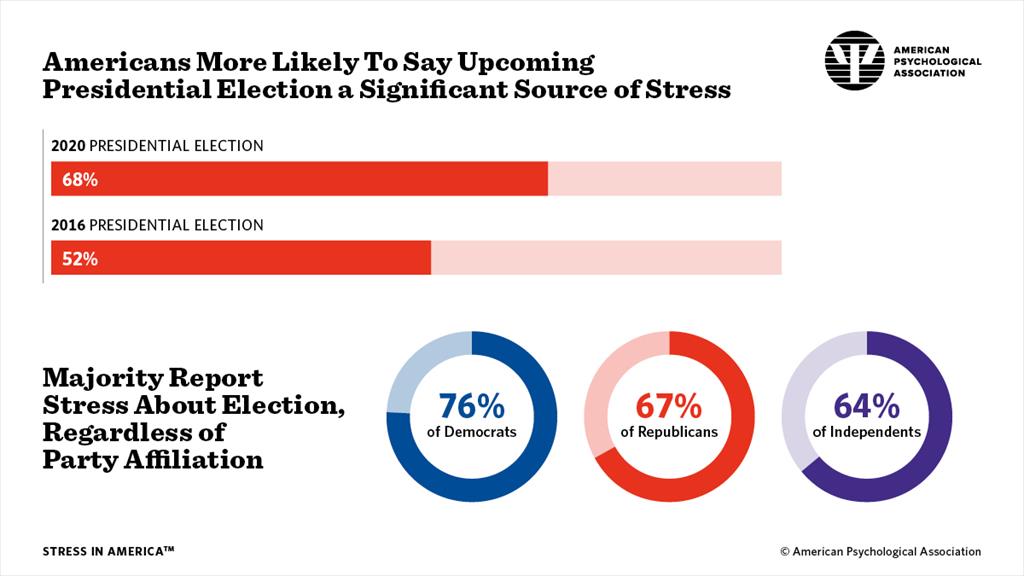
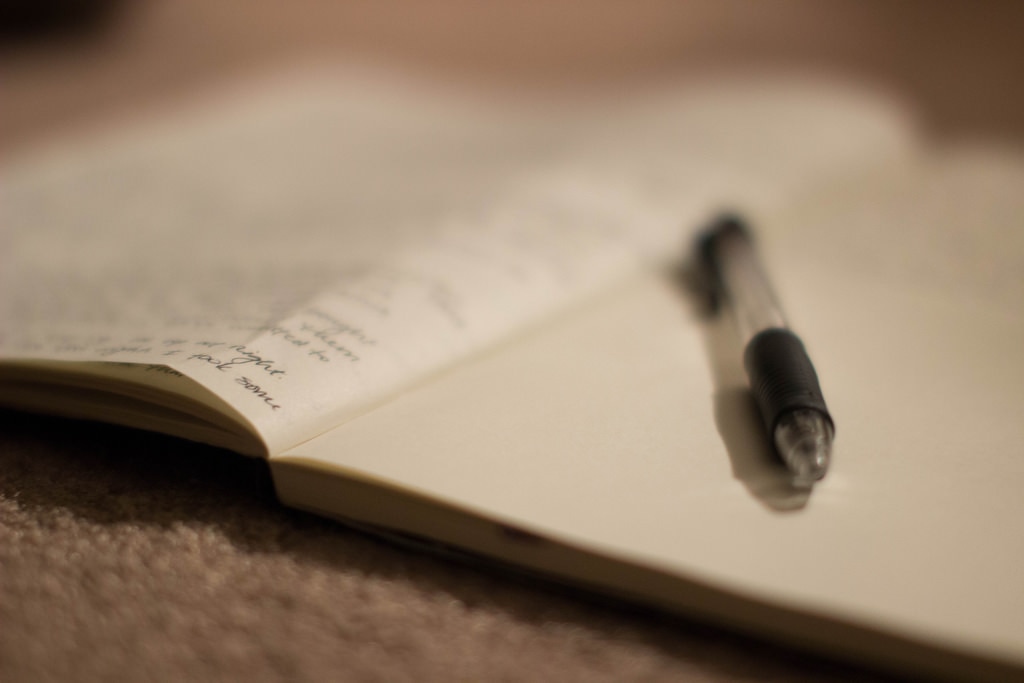
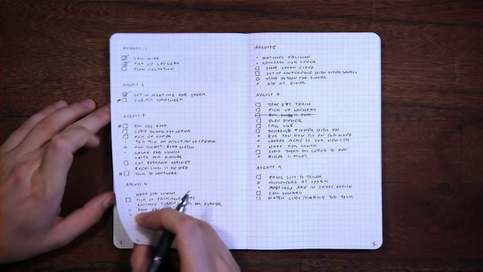
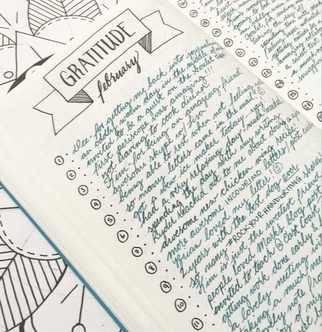

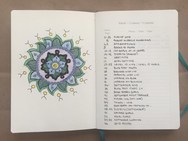
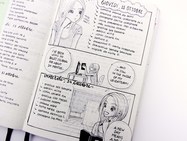
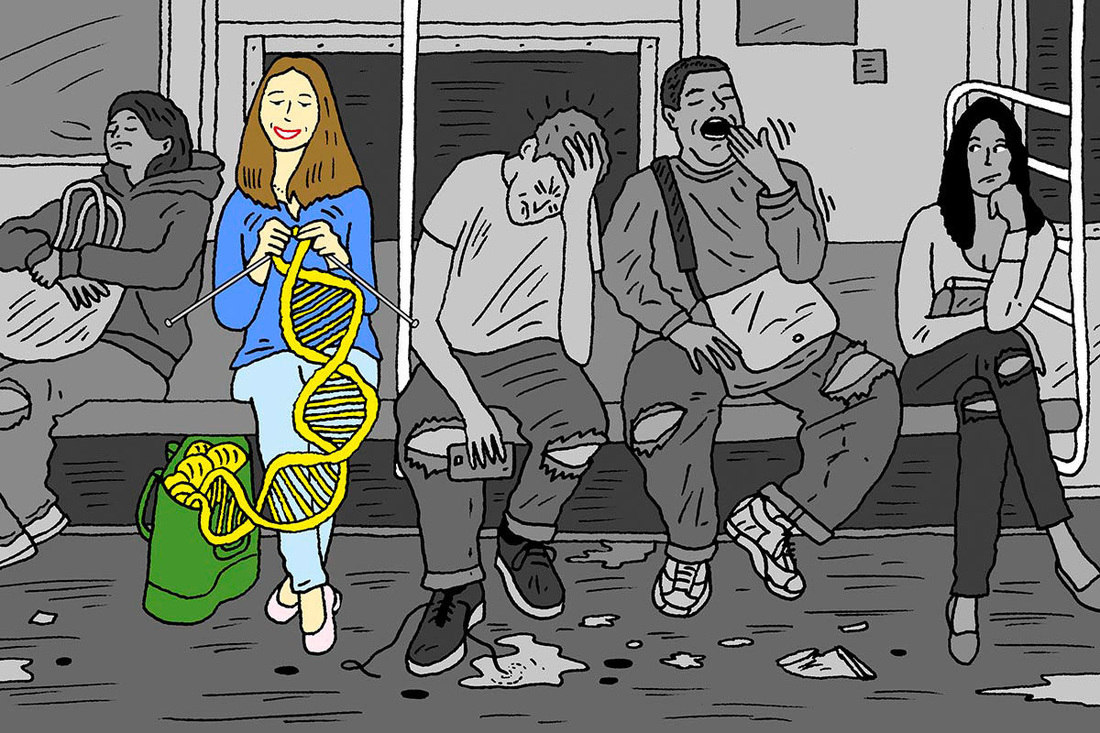
 RSS Feed
RSS Feed
